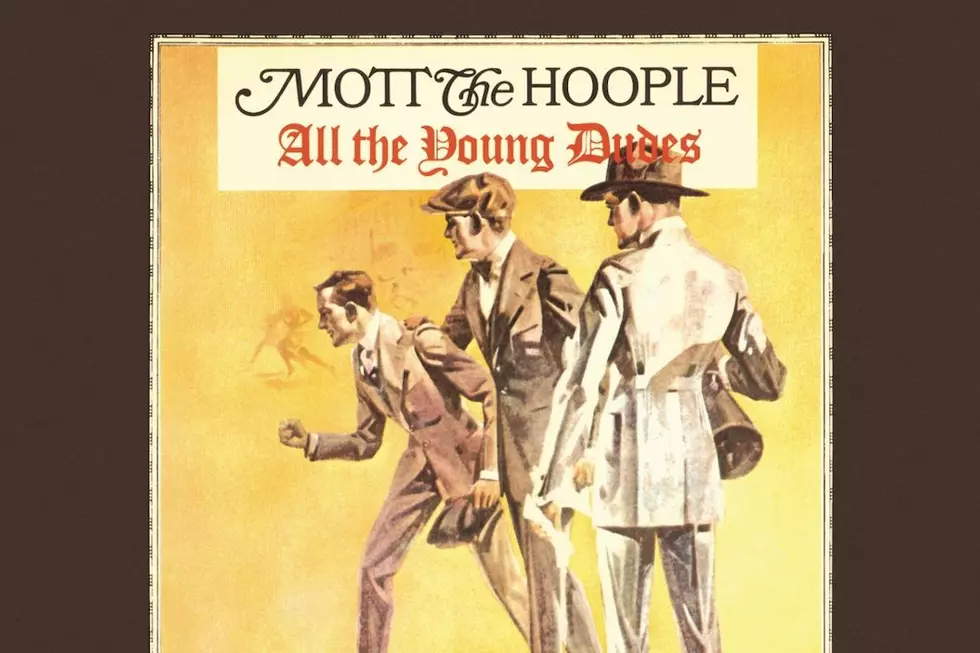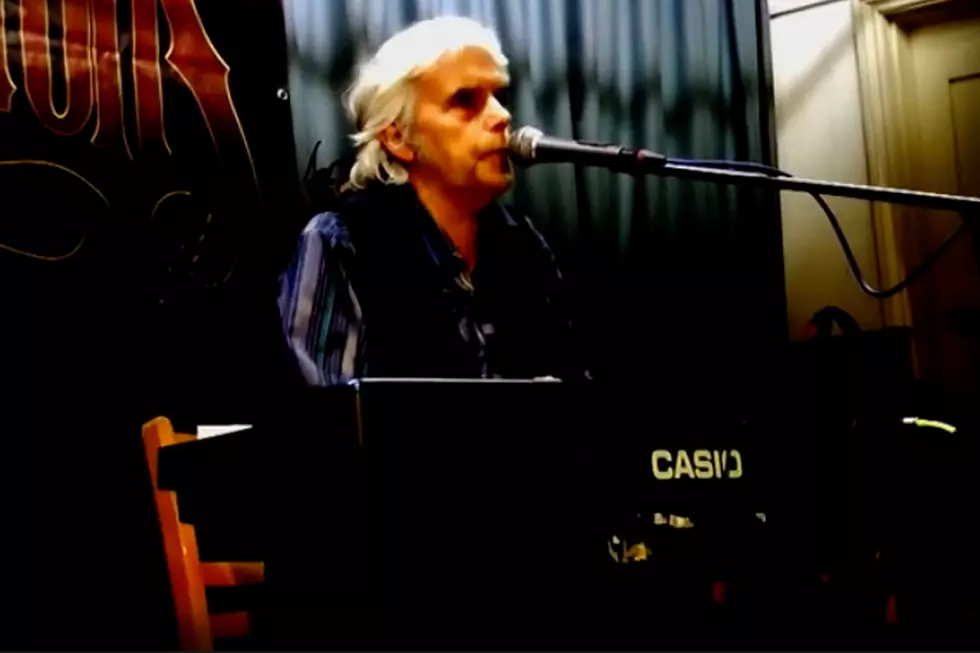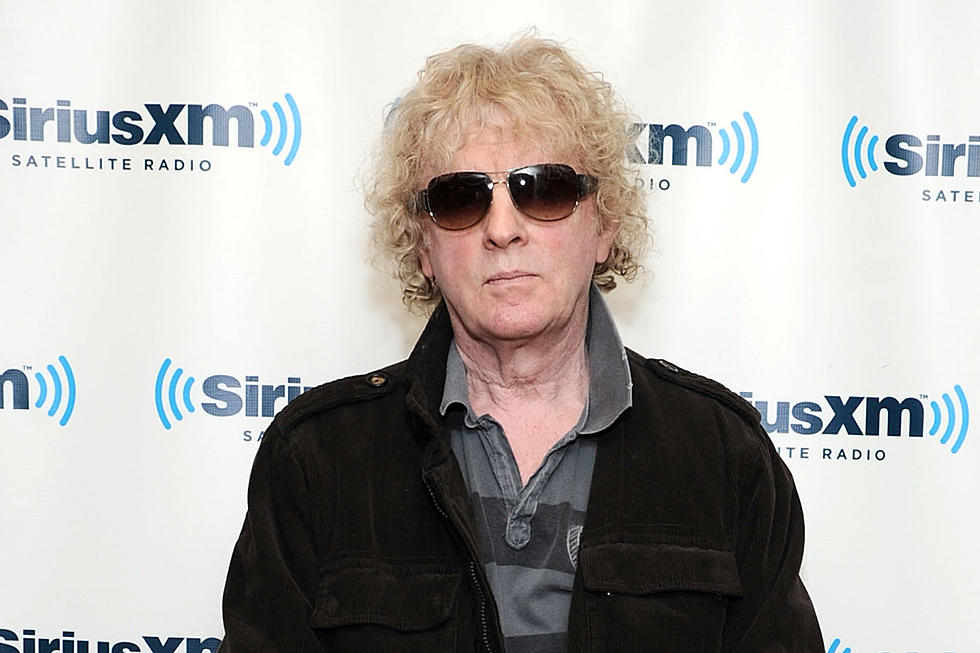
Mott the Hoople, ‘Mental Train: The Island Years 1969-1971′: Album Review
Even though the deluxe box set trend these days focuses on a single album and everything surrounding it, those collections are basically aimed at die-hard fans with money to burn. Mental Train: The Island Years 1969-1971, which rounds up every Mott the Hoople recording before their 1972 breakout hit "All The Young Dudes," takes a different approach for half the price.
The six-disc set covers the first chapter of one of rock's most underrated bands, including their first four albums – Mott the Hoople (1969), Mad Shadows (1970), Wildlife (1970) and Brain Capers (1971) -- as well as non-LP singles, live tracks, demos, rehearsals and alternate takes.
It's well-documented that David Bowie rescued the band from potential oblivion after Mott announced their breakup in early 1972. Bowie, a newly minted superstar, first offered them "Suffragette City" to record; instead, they chose "All the Young Dudes," which they turned into an anthem for an era.
Before that career-defining song, they were a hardworking and hard-rocking group that combined its love for Bob Dylan, the Rolling Stones and Little Richard into raw and sophisticated rock 'n' roll on early original songs like "Rock and Roll Queen," "Backsliding Fearlessly" and "Half Moon Bay," plus expert covers (their take on Sonny Bono's "Laugh at Me" is one of the best).
Their second album, Mad Shadows, was a darker record, while the third, Wildlife, sounds unlike any of their other LPs. Guitarist Mick Ralphs had more input here, collaborating with leader Ian Hunter and producer Guy Stevens, who worked on Mott's first two albums and was, by all accounts, not the easiest person to work with. (His contributions are covered thoroughly in a 50-page book included in the box).
By the fourth album, Brain Capers, the band was delivering some of its best, and hardest, music -- "Death May Be Your Santa Claus," "Sweet Angeline" and "The Moon Upstairs" sounded tougher than anything the Stones and their contemporaries were playing at the time. The record sold even fewer copies than its predecessors, but it became a huge influence on bands that would helped ignite the punk scene, including the Clash, who enlisted Stevens to produce their landmark London Calling LP.
Mental Train charts the band's evolution during their period with almost all of the material remastered from the original tapes. Combined with the single mixes, B-sides and live tracks, the box shows just what a powerhouse band Mott the Hoople were before they got famous. It also confirms that they were an important group heading into the '70s, and this is with only half of their story completed.
Masterpieces: The Very Best Albums From More Than 100 Classic Rock Acts
More From 92.9 The Lake






